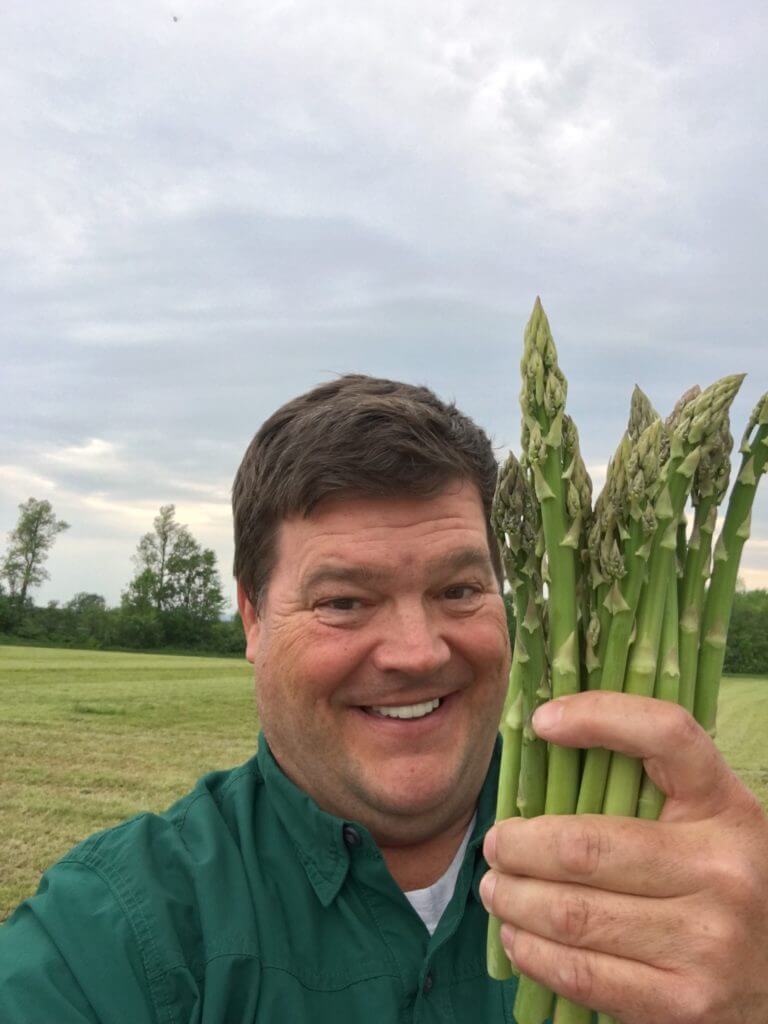Finding a connection to nature

My wife and I attended a film festival in Middlebury recently. It was the 10th Annual Fly Fishing Film Tour on Friday the 13th. For almost a decade now I have been attempting to educate the public—both the hunting/fishing sector and the non-hunting/fishing sector—about the healing qualities of participating in the outdoors.
As Richard Louv said in his book Last Child in the Woods- Saving Our Children from Nature Deficit Disorder, “the principle holds that a reconnection to the natural world is fundamental to human health, well-being, spirit, and survival.”
As my wife and friends watched the gorgeous cinematography we were enraptured with the values of a couple of the films, most vividly by the shorts Landsick and Chandalar.
Landsick followed a rebellious young man from his childhood as an angry teen who fell in love with fly fishing, to his career as a successful musician and how his time on the water brought him to a peaceful adult state where his greatest joy was to share his reformed life with his wife and son.
Chandalar is a powerful story about how veterans with PTSD teamed up with inner-city troubled youth to learn survival and flyfishing on a trip down a remote Arctic Circle river. They learned teamwork, survival skills and, most importantly, they discovered a sense of belonging with a group and with the landscape as they navigated through some of the roughest territory known. They bonded with the country and the veterans as they had a chance to show them how nature has healed their spiritual wounds and how nature, when applied to adolescent struggles, can also strengthen the spirit and teach respect where our society’s education may be lacking.
Finding a connection to nature in a way that we feel included and belonging to the earth helps us all to treat our land and its people with greater respect and care.
Richard Louv has said that when a child learns the name of a plant and what benefits it might hold for our health, the child often feels as though he/she has been introduced to a new friend. There is value created from the knowledge of the relationship. For the rest of that child’s life, he/she is likely to feel connected to that plant and share with everyone who will listen about how important it is to our planet.
We develop empathy, compassion and a sense of belonging when we connect on this level. And don’t think for a minute that fishermen or hunters kill randomly. The majority of them, like me, feel deeply connected to their quarry, wanting to learn everything about its life, the energy it possesses and the qualities that comprise the core of its spirit.
Although it is increasingly common to practice catch and release for fishing, the harvesting of life for the purpose of nurturing our own species is not cruel. Does the forager or gardener who harvests wild asparagus or mushrooms have the same connection to their life form as the hunter to the deer? When we harvest fiddleheads from a favorite spot, we don’t take them all—typically we harvest no more than 10% of the population out of respect for a limited resource. Nature teaches us respect and balance.
We are, whether we deny it or not, a species that requires consumption to survive. We must consume some form of nutrition to survive. And if you think that eating only vegetables or legumes is not consumptive, I invite you to consider that every living being on this planet deserves the same respect for its life. How is the life energy of a cultivated and nurtured plant any less deserving of the respect for life than a wild turkey or goose?
If we can just consider our intent and consume what we need with the care and love we all deserve, perhaps we can all live more peacefully.
Bradley Carleton is Executive Director of Sacred Hunter, a non-profit that seeks to educate the public on the spiritual connection of man to nature.

